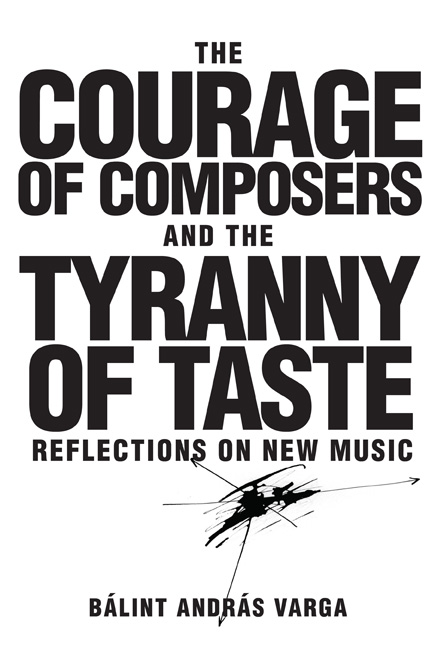19 - Libby Larsen (b. 1950)
Published online by Cambridge University Press: 22 May 2021
Summary
One lesson I have drawn from compiling this book is the extent to which popular music and jazz have influenced classical composers, both in the United States and Europe. Libby Larsen freely admits to the role Chuck Berry, James Brown, and Big Mama Thornton have played in her development, in addition to Bach, Berlioz, and others.
If you listen to her music, as a European not really well-versed in the American tradition, you cannot fail to discern an underlying streak of what one identifies as coming from the United States, without being able to define just what it is. Of course, the presence of ragtime is obvious in pieces like Mephisto Rag—one does not need the title to help one place the music—but in Holy Roller for alto saxophone and piano, the uninitiated cannot trace the influence to what the composer describes as “classical revival preaching.” One hears a mixture of influences that, to this listener, include, jazz, Debussy, and even, at one point in the piano, Beethoven—but it is of course altogether subjective and probably wrong. More importantly: Holy Roller is a colorful, multifaceted piece of music, ideal for a good saxophone player, that cannot fail to appeal to an unprejudiced audience.
Interestingly enough, the vocal music that I have heard sounds more English than American to my ears, with The Peculiar Case of H. H. Holmes at the top of my own private list. It is a wonderful psychogram of a tortured soul that comes across with irresistible power even before one finds out that Holmes was a serial killer in Chicago who found ingenious ways to torture his victims. Any baritone with psychological insight, and a background not just in Lieder but also in opera, will welcome this unique challenge.
I have heard Libby Larsen's one piece for young performers, Hambone, which is great fun for the children to play (having to slap their thighs and shout, in addition to playing instruments) and also for the audience. It is the wind parts that help place the music as coming from the United States.
November 9, 2015
I have never equated courage with my creative process. For me it's the opposite. It would take a great deal of courage to silence myself and not compose.
- Type
- Chapter
- Information
- The Courage of Composers and the Tyranny of TasteReflections on New Music, pp. 118 - 119Publisher: Boydell & BrewerPrint publication year: 2017

